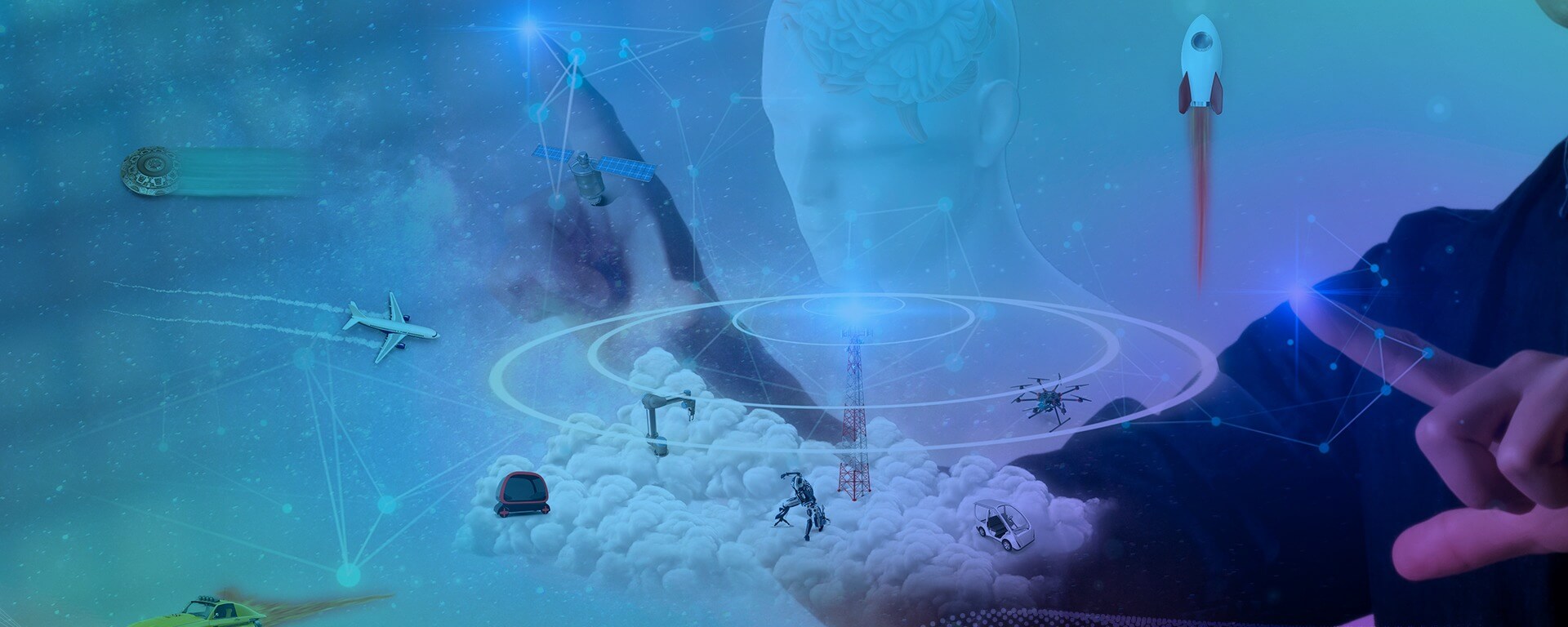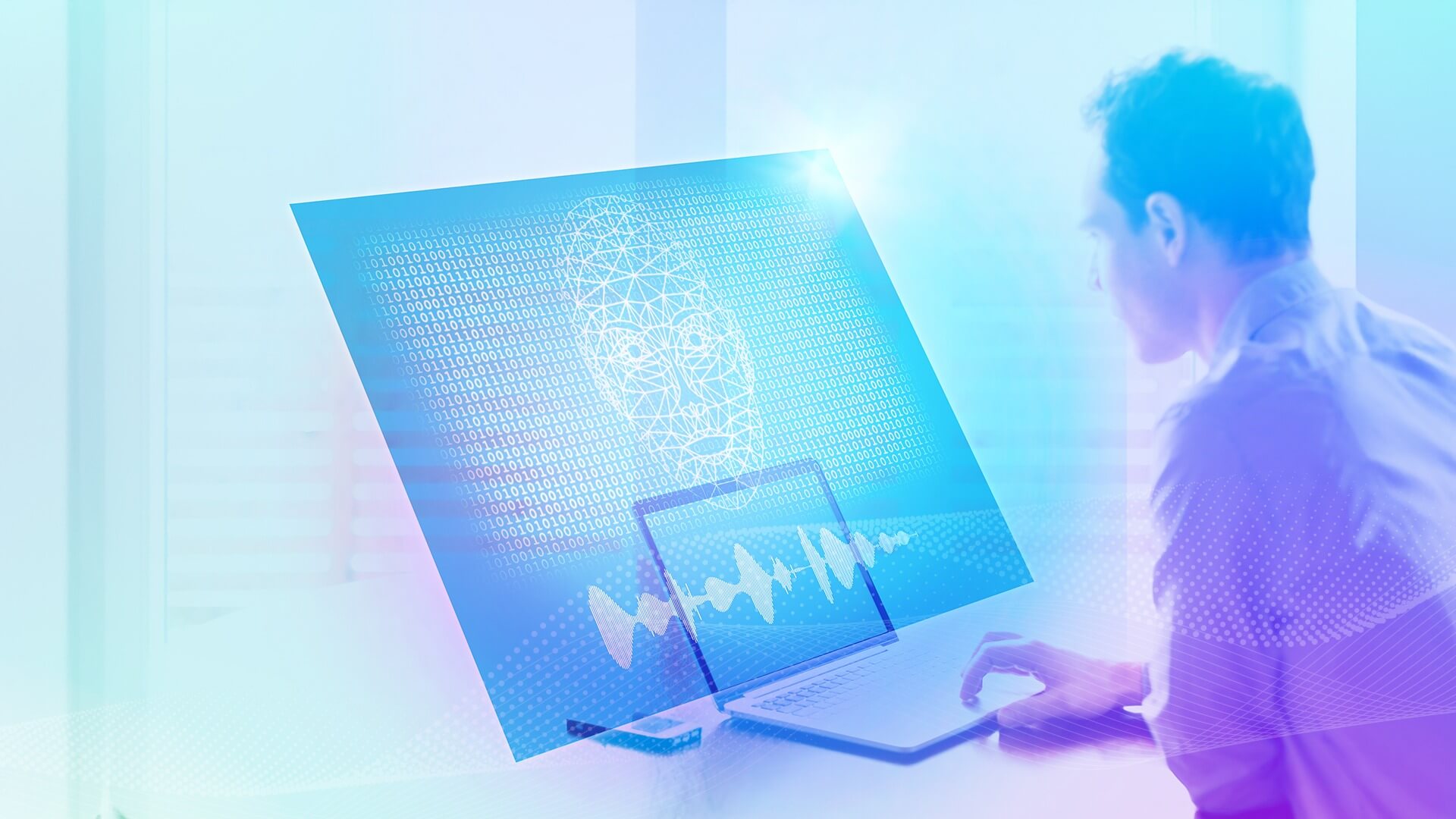San Luis Potosí
El Parque de Emprendimiento e Innovación establecido en San Luis Potosí se encuentra situado en el centro del país, con una creciente industria automotriz que lo ha llevado a posicionarse como un actor relevante en la innovación de este sector.

Casos de éxito
El Parque de Emprendimiento e Innovación ha sido un catalizador de historias de éxito tanto para la comunidad académica como para emprendedores externos. Entre los casos destacados se encuentran:
Mike Ortiz:
Founder of Kool Toons. Director and winner of the Ibero-American Film Award.
FINERN:
A Chinese company specializing in IoT and Industry 4.0.
APEX:
A leader in simulation and training for the industry. EXATEC Ramiro Fidalgo is its founder.
Eventos


Espacios
Parque Tecnológico San Luis Potosí:
Contacto: rafael.tristan@tec.mx







